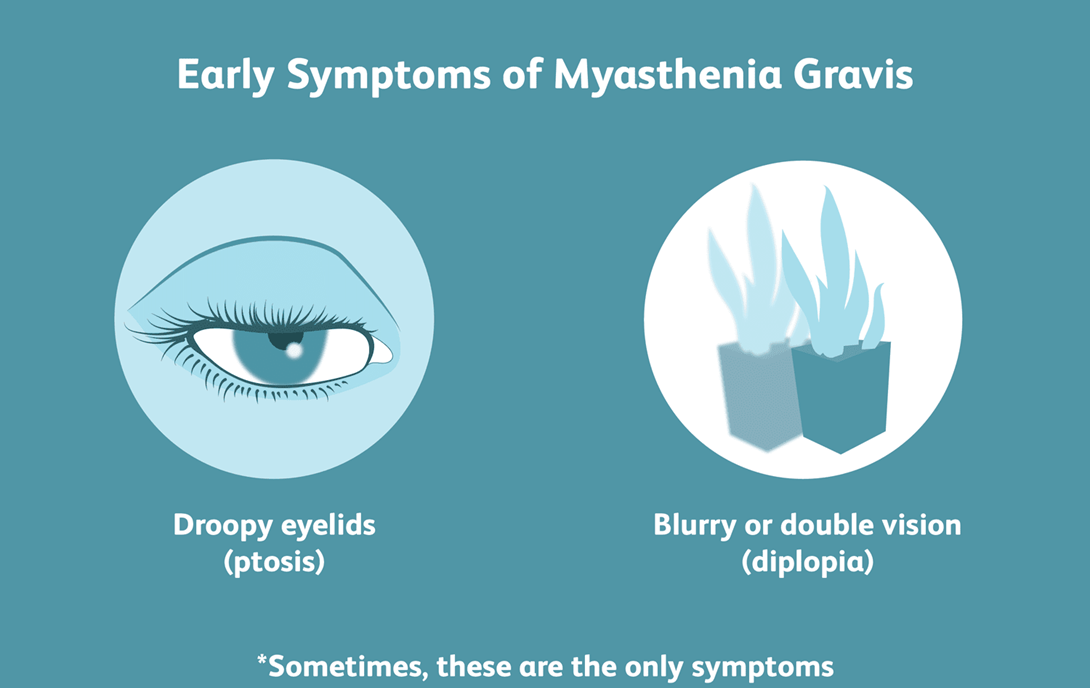A nurse is caring for a client who is receiving chemotherapy treatments. The client states, "I feel so nauseated after my treatments." Which of the following instructions should the nurse provide the client? (Select all that apply)
Sip fluids slowly throughout the day.
Consume foods that are served cold.
Sit up for 1 hr after eating meals.
Limit use of antiemetics until after first emesis.
Eat foods low in carbohydrates.
Correct Answer : A,B,C
Choice A reason: Sipping fluids slowly throughout the day can help prevent dehydration and electrolyte imbalance, which can worsen nausea and vomiting. Fluids also help flush out the toxins from the chemotherapy and reduce the risk of kidney damage¹².
Choice B reason: Consuming foods that are served cold can help reduce the stimulation of the chemoreceptor trigger zone (CTZ), which is responsible for triggering nausea and vomiting. Cold foods also have less odor and taste, which can be unpleasant for some clients with CINV³⁴.
Choice C reason: Sitting up for 1 hr after eating meals can help prevent reflux and aspiration, which can cause more nausea and vomiting. Sitting up can also promote gastric emptying and digestion.
Choice D reason: Limiting the use of antiemetics until after the first emesis is not a recommended practice, as it can make nausea and vomiting more difficult to control. Antiemetics should be given before, during, and after chemotherapy, according to the emetogenic potential of the agents and the client's individual response.
Choice E reason: Eating foods low in carbohydrates is not a helpful strategy for CINV, as carbohydrates can provide energy and prevent hypoglycemia, which can also cause nausea and vomiting. Carbohydrates can also help settle the stomach and reduce acid production.
Nursing Test Bank
Naxlex Comprehensive Predictor Exams
Related Questions
Correct Answer is B
Explanation
Choice A reason: Reducing caloric intake by 200 calories a day may not be enough to achieve significant weight loss for a client who is obese. The recommended daily calorie deficit for weight loss is 500 to 750 calories, which can result in a loss of 1 to 1.5 pounds per week¹.
Choice B reason: Losing 5 percent of body weight can improve glycemic control and reduce the need for glucose-lowering medications for a client who has type 2 diabetes. Studies have shown that weight loss of 5 to 10 percent can lower HbA1c levels by 0.5 to 1.0 percentage points².
Choice C reason: Exercising for 30 minutes three times a week may not be sufficient to lose 1 pound per week. The recommended amount of physical activity for weight loss is at least 150 minutes of moderate-intensity aerobic exercise per week, plus resistance training at least twice a week³.
Choice D reason: Drinking 16 ounces of apple juice is not advisable if the blood glucose level drops during exercise, as it can cause hyperglycemia. Apple juice contains about 48 grams of carbohydrates, which is equivalent to four servings of glucose tablets⁴. The recommended treatment for hypoglycemia is to consume 15 to 20 grams of fast-acting carbohydrates, such as glucose tablets, gel, or juice, and recheck the blood glucose level after 15 minutes⁵.
Correct Answer is B
Explanation
Choice A reason: Anticholinesterase medications should be taken 30 minutes before meals, not with meals. This is because they enhance the action of acetylcholine, which improves muscle strength and swallowing ability.
Choice B reason: Positioning the head of the client's bed to 40° while eating helps prevent aspiration and facilitates swallowing. This is the best action for the nurse to take for a client who has myasthenia gravis.
Choice C reason: Encouraging the client to lie down after eating is not advisable, as it increases the risk of aspiration and reflux. The client should remain upright for at least 30 minutes after eating.
Choice D reason: Providing the client with food cut into small bites is not enough to ensure safe and adequate nutrition. The client may still have difficulty swallowing and chewing. The nurse should also offer soft, moist, and easy-to-swallow foods, and avoid foods that are dry, sticky, or hard.

Whether you are a student looking to ace your exams or a practicing nurse seeking to enhance your expertise , our nursing education contents will empower you with the confidence and competence to make a difference in the lives of patients and become a respected leader in the healthcare field.
Visit Naxlex, invest in your future and unlock endless possibilities with our unparalleled nursing education contents today
Report Wrong Answer on the Current Question
Do you disagree with the answer? If yes, what is your expected answer? Explain.
Kindly be descriptive with the issue you are facing.
